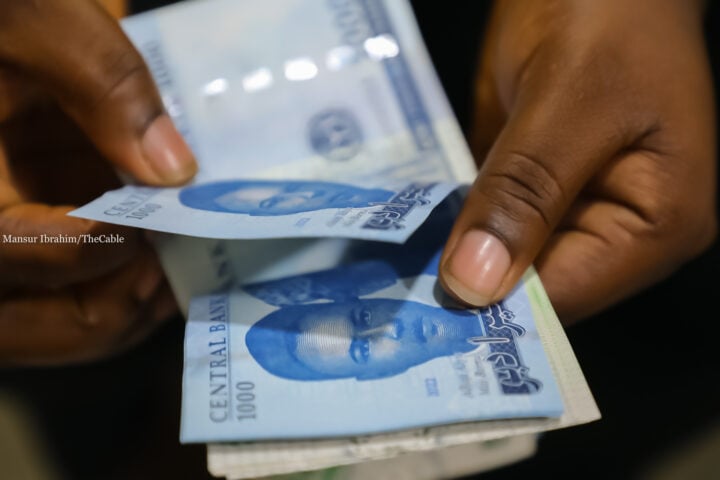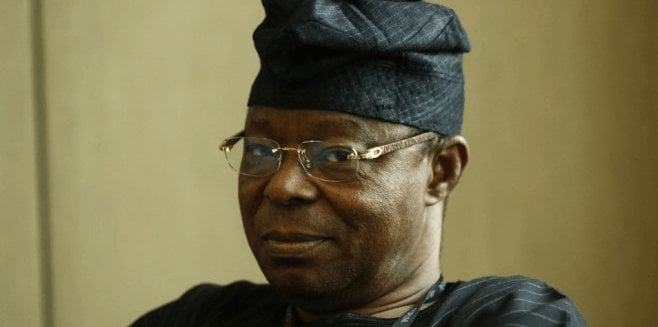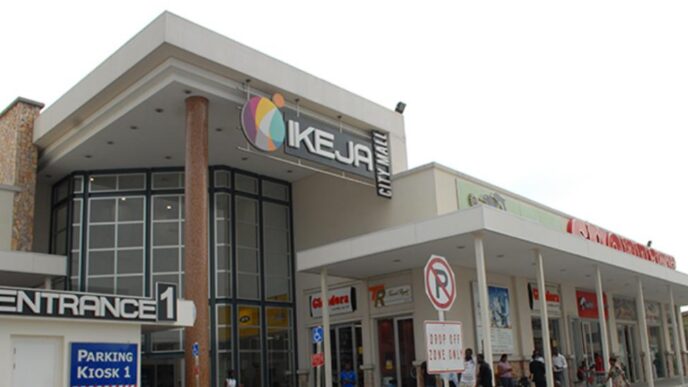The Centre for the Promotion of Private Enterprise (CPPE) has urged the federal government to peg the foreign exchange (FX) rate for customs duty at N1,000 per dollar for the next six months.
The current customs duty exchange rate on the Nigeria Customs Service (NCS) portal is N1578/$.
In a statement on Sunday, Muda Yusuf, chief executive officer of CPPE, said the N1,578/$ is too high and the volatile exchange rate for import duty assessment is fueling the already high inflation rate, increasing production and operating costs for manufacturers and other businesses.
According to Yusuf, this has worsened the cost-of-living crisis, putting maritime sector jobs and investments at risk and weakening investors’ confidence.
He said there is also an added heightened risk of cargo diversion to neighbouring countries and smuggling which could jeopardize the realisation of customs revenue target.
Advertisement
This situation, Yusuf said, will create additional competitiveness challenges for ethical and compliant investors in the economy because of their relatively elevated production and operating costs.
“In the light of this, the CPPE is reiterating its appeal to the presidency to peg the customs duty exchange rate at N1000/$ for the next six months in the first instance through an Executive Order,” he said.
“This resonates with the current federal government’s commitment to alleviating the current hardships on the citizens and the burden on businesses.
Advertisement
“It gratifying that the Presidential Committee on Fiscal Policy and Tax Reforms had made similar recommendation. The Organized private Sector [OPS] had also strongly advocated in the same vein.”
‘ADOPTION OF LOW FX RATE WILL NOT AFFECT FX REFORMS’
Yusuf explained that this proposition is without prejudice to the ongoing foreign exchange reforms of the present administration.
“Contrary to concerns expressed in some quarters, the adoption of lower exchange rate for computation of customs duty would not undermine the current foreign exchange reforms,” he said.
Advertisement
“It is not a request for a concessionary exchange rate for forex allocation.
“We are dealing with two separate issues here. One is about foreign exchange policy, the other is purely a trade policy matter.
“The responsibility of the CBN should end at the point of opening of Form M for importers within the context of extant foreign exchange policy.
“All other matters relating to international trade should be within the remit of the Federal Ministry of Finance and the Federal Ministry of Trade and Investment.”
Advertisement
Customs typically use FX rates recommended by the Central Bank of Nigeria (CBN) for import duties based on trading activities in the country’s official forex market.
Advertisement
Add a comment








